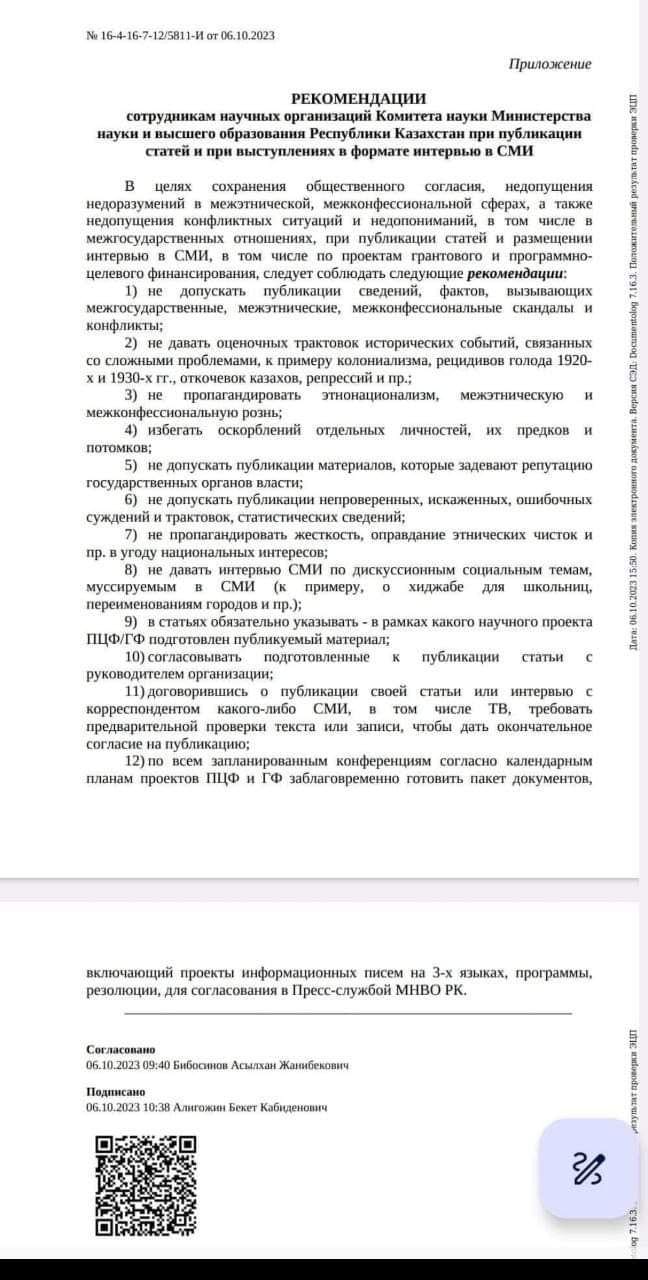FEATURES OF THE ORGANIZATION OF CRYPTOCURRENCY ACCOUNTING IN ACCORDANCE WITH INTERNATIONAL FINANCIAL REPORTING STANDARDS
DOI:
https://doi.org/10.54251/2708-0897.2024.4.40qazKeywords:
Accounting, cryptocurrency, blockchain, bitcoin, standard, accounting, electronic reporting, currencyAbstract
The article discusses the features of the organization of accounting for cryptocurrencies. In accordance with international financial reporting standards, accounting for cryptocurrencies is based on the nature of an organization's activities and differences in its performance in different currencies. IFRS allow organizations to develop adequate accounting methods for cryptocurrencies. General recommendations on accounting for cryptocurrencies: determining the classification of cryptocurrencies, evaluating cryptocurrencies, accounting for income and expenses, developing accounting policies for cryptocurrencies, reporting on cryptocurrencies. Cryptocurrencies can be classified as follows: business financial assets (OSCCP), long-term investments (FVOCI), financial assets for repayment (NTM). Bitcoin, Ethereum cryptocurrencies exist only in electronic form and have no real representation such as coins or banknotes.They provide new opportunities for fast and cheap international transactions, allowing the development of new business models and technologies based on blockchain. The fair value of cryptocurrencies used on open exchanges can be determined based on the prices quoted on these exchanges. In this case, you can use the exchange rate between the cryptocurrency and the main national currency or other assets for valuation. If a cryptocurrency is available for trading, it can be divided according to the definition of intangible property.



